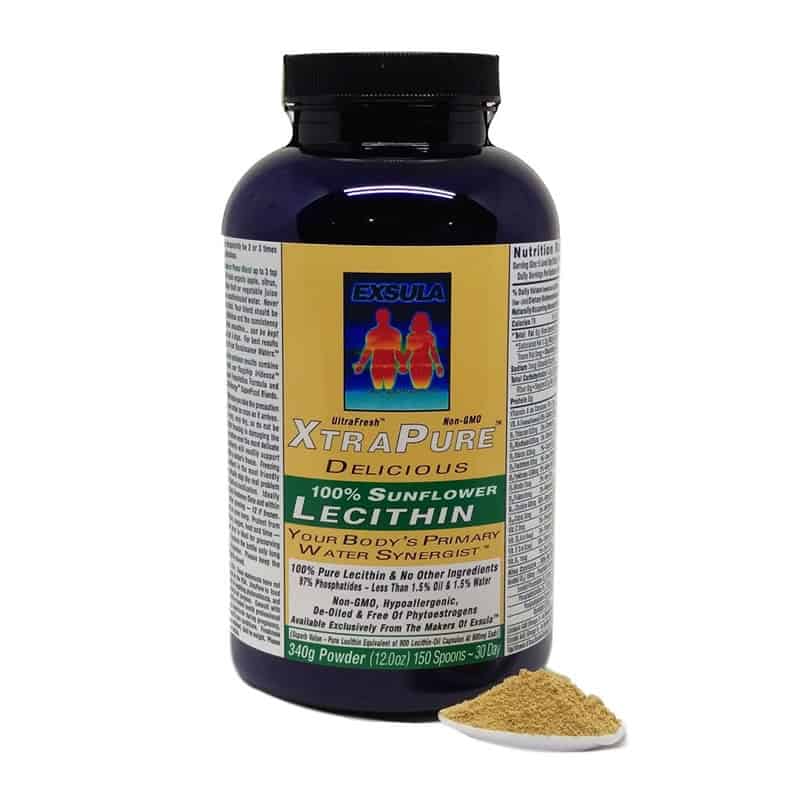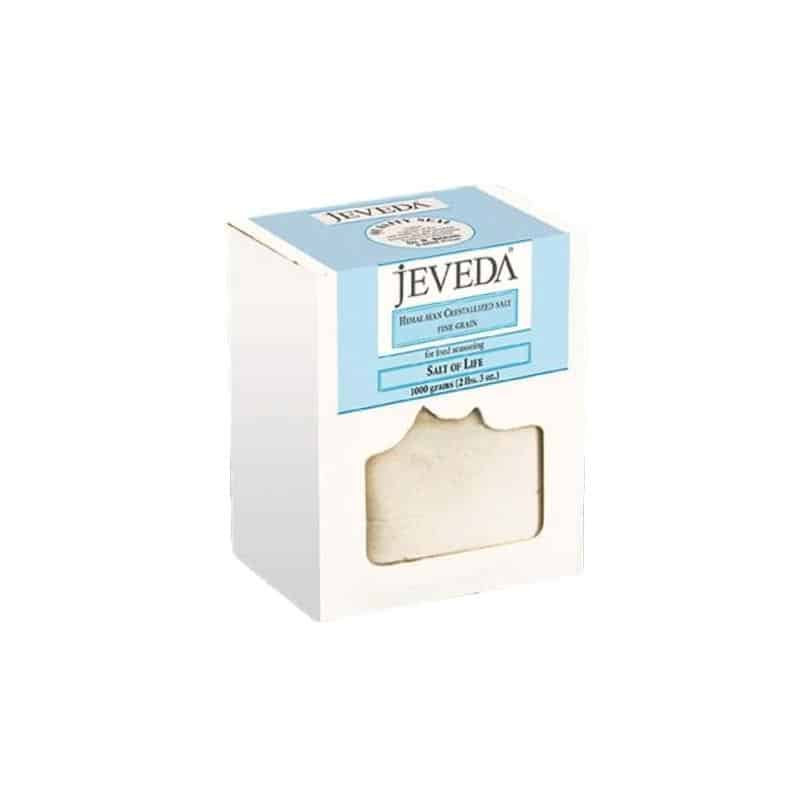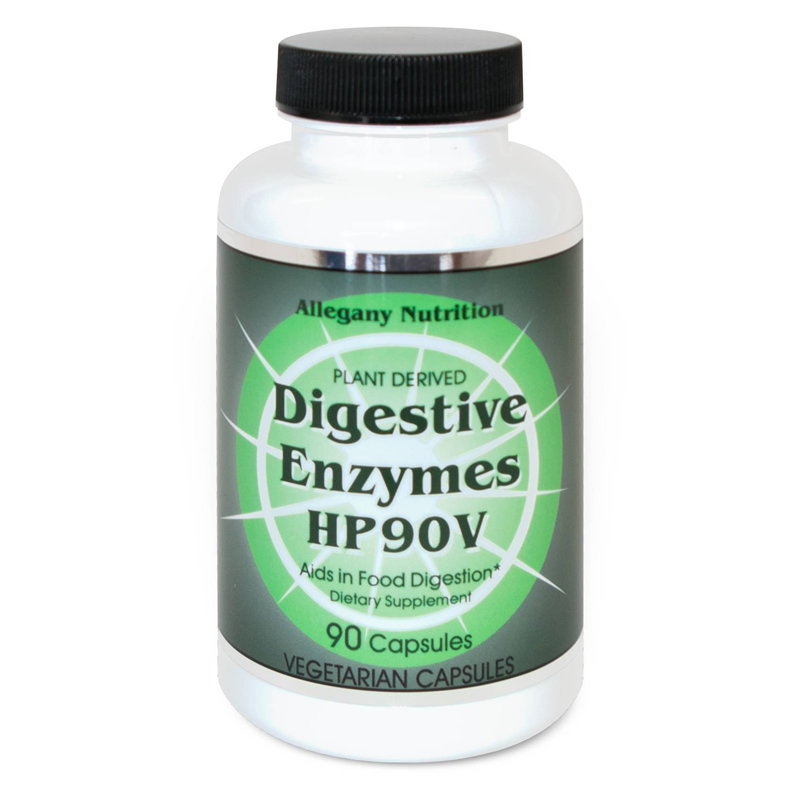No products in the cart.
Book: 7 Syndrome Healing
Supplements for the mind and body
by Marcia Zimmerman C.N. and Jayson Kroner C.S.N.
Summary
Malabsorption is a general term for the results of poor digestion, microbial contamination, and abnormalities in gut mucosa, that are also known as leaky gut, sterile gut, and intestinal dysbiosis.
Digestive system support will have direct and immediate effect on your health.
If your digestive system is compromised, it won’t be long before your general health fails.
You can take simple measures to ensure your digestive system stays in top shape:
- eat raw foods
- drink lots of energized water
- supplement with minerals, probiotics and digestive enzymes.
This can ultimately mean the difference between living well, and barely hanging on.
Poor digestion can result from a lack of digestive enzymes, an organ dysfunction, an illness or as a response to stress. Stress can have profound effect on digestion and the absorption of nutrients. The enteric nervous system (ENS) is in charge of governing each stage of digestion. The ENS, or “gut brain,” uses many of the same hormones, peptides, and neurotransmitters that the central nervous system does. These hormones, peptides, and neurotransmitters determine which and how much of each enzyme will be needed, based on what the meal in question included.
The sensory organs of smell, sight and taste contribute a lot of information – please chew your food carefully and savor every bite. Enjoying your food is also an excellent way to alleviate stress. Once food arrives in the stomach and intestines, sensory receptors pick up additional information that has been relayed to accessory glands. This triggers the release of enzymes and other substances that make up the digestive terrain. Sensory receptors are also involved in releasing protective mucus secreted by stomach glands to protect it from digestive acids.
Normally, there is a balance between sympathetic (fight or flight) and parasympathetic (rest, digest, repair) nervous system response. During times of stress, sympathetic response dominates, and its effects on the gastrointestinal tract can result in the slow movement of food through the system, as well as a reduction in digestive secretions. Sphincters that separate the individual compartments of the digestive system tighten, further impeding the flow of food through the digestive system.
People react to stress in two ways: one may be compelled to eat more, while another will not want to eat at all. Continued stress will lead to a serious illness.
Products effective in helping with for poor digestion are Digestive Enzymes, salt brine, acid supplementation (Betaine HCl, Apple Cider Vinegar, lemon juice), and food combining.
Understanding Malabsorption
This book provides thorough detail on natural alternative remedies that address the Stress, Metabolic, Cardiovascular, Malabsorption, Immune, Hormone and Osteo syndromes. It is presented in a manner that is very easy to understand, yet highly scientific in nature. Zimmerman and Kroner also talk about essential nutrition basics, that are of significant importance to anyone concerned with living a long, healthy life. These basics include core vitamins & minerals, other natural compounds, specific product overviews, scientific study information, potential drug interactions, natural dietary companions and hundreds of helpful tips for use.
Malabsorption is a general term for poor digestion, microbial contamination, and abnormalities in gut mucosa. Let’s examine each of these three conditions in greater detail. Poor digestion can result from a lack of digestive enzymes, an accessory organ dysfunction, an illness or even stress. Equally, stress can have profound effects on digestion and the absorption of nutrients. The enteric nervous system (ENS) is in charge of governing each stage that occurs within the digestive system. The ENS, or “gut brain,” contains many of the same hormones, peptides, and neurotransmitters that the central nervous system does. These hormones, peptides, and neurotransmitters determine which enzyme (and how much) will be needed, based on what the meal in question included.[1]
The sensory organs of smell, sight and taste pick up much of this information – another reason to chew your food carefully and enjoy every bite. Enjoying your food is also an excellent way to combat stress. Once food arrives in the stomach and intestines, sensory receptors pick up additional information that has been relayed to accessory glands. This triggers the release of enzymes and other substances that make up the digestive milieu. Sensory receptors are also charged with making sure that protective mucus secreted by stomach glands is sufficient enough to protect it from being attacked by digestive acids.[2]
Normally, there is a balance between sympathetic (fight or flight) and parasympathetic (relaxed) nervous response. During times of stress, sympathetic response dominates, and its effects on the gastrointestinal tract can result in the slow movement of food through the system, as well as a reduction in digestive secretions. Sphincters that separate the individual compartments of the digestive system tighten, further impeding the flow of food through the digestive system. Obviously, each individual perceives stress signals differently. One may be compelled to eat more, while another will not want to eat at all. In any event, if this process is allowed to continue on for extended periods of time, serious illness can result.
Microbial Contamination Hydrochloric acid is extremely strong, killing most of the bacteria that enters the stomach. Hypochlorhydria refers to low levels of stomach acid, and has been implicated in gastric ulcers – particularly those that occur in the higher fundic region of the stomach. Autopsy of gastric mucosa in hypochlorhydria patients has shown that many species of bacteria, including Helicobacter pylori, can cover the gastric lining and infiltrate deeper layers of tissue, causing mechanical and biochemical damage.[3]
Yeast (Candida albicans) organisms are normally found in the colon along with several species of pathogenic bacteria, such as Escherichia coli. Most of these organisms are kept in check by the body’s reserve of probiotics (friendly bacteria). However, when the microflora environment is upset, often by extended antibiotic use, candida albicans can quickly take over. This can result in excess gas, bloating and discomfort. Yeast can also colonize other parts of the body when Candida mycelia is transported in the bloodstream. The biggest problem with Candida overgrowth occurs when it grows into the mucosa (mucous membrane). When this happens, holes are formed that allow undigested particles, toxins, and bacteria to easily enter the bloodstream. Pathogenic bacteria can then putrefy colonic contents, producing deadly by-products, noxious gases, and toxins.[4]
Abnormalities in Gut Mucosa include “leaky gut,” which describes the condition of having large pores in the intestinal mucosa. The conditions that are attributable to leaky gut syndrome are many, and include neurological symptoms (mood swings, anxiety, nervousness, nail biting, finger or cheek chewing, brain fogginess), chronic joint and muscle pain, GI disturbances (diarrhea, constipation, indigestion), bladder infections, migraines, poor immunity, and skin rashes. Let’s delve a little deeper into the implications of leaky gut syndrome.
Probiotic microflora helps maintain the delicate balance between the immune system and the gastrointestinal tract. When this balance is disrupted, disease and inflammation can result. Immune receptors line the entire gastrointestinal tract (GIT) to form a protective shield against pathogens, toxins, and other potentially harmful substances.[5] The mouth, throat, stomach and intestines are constantly exposed to a wide variety of microbes and toxic metabolites from what you eat, drink and breathe. If you didn’t have an active immunity in your digestive tract, you simply wouldn’t be able to survive.
A gastrointestinal tract with adequate mucus production, balanced secretions of hydrochloric acid (HCl), ample digestive enzymes, proper bicarbonate secretion, efficient gut motility, and a balance in microflora species is the basis of good health. Many chronic and degenerative diseases have been linked to alterations in intestinal microflora. Included are irritable bowel syndrome and inflammatory bowel disease, which in turn encompass celiac, Crohn’s, and ulcerative colitis. Autoimmune conditions, such as rheumatoid arthritis and ankylosing spondylitis, have also been linked to disturbances in intestinal microflora.[6] Fortunately, it is fairly easy to restore healthy balance.
Microbial Contamination
Hydrochloric acid is extremely strong, killing most of the bacteria that enters the stomach. Hypochlorhydria refers to low levels of stomach acid, and has been implicated in gastric ulcers – particularly those that occur in the higher region of the stomach. Many species of bacteria, including Helicobacter pylori, can cover the gastric lining and infiltrate deeper layers of tissue, causing mechanical and biochemical damage. Using antacids makes this situation worse.
Yeast (Candida albicans) organisms are normally found in the colon along with several species of pathogenic bacteria, such as Escherichia coli. Most of these organisms are kept in check by the body’s reserve of probiotics (friendly bacteria). However, when the microflora environment is out of balance, caused by use of antibiotics, chlorinated water, mercury poisoning or chemical drugs, candida albicans can quickly take over. Early symptoms include excess gas, bloating and discomfort. Yeast can also colonize other parts of the body as candida mycelia are transported by the bloodstream. The biggest problem with candida overgrowth occurs when it grows into the mucosa (mucous membrane). When this happens, holes are formed that allow undigested particles, toxins, and bacteria to easily enter the bloodstream causing allergic reactions. Pathogenic bacteria can also putrefy materials in the colon, producing deadly byproducts, noxious gases, and toxins.
Products effective to counteract microbial contamination include probiotics, digestive enzymes, systemic enzymes, and high-nutrient-density foods, especially those rich in pigments.
Abnormalities in Gut Mucosa include “leaky gut,” which describes the condition of having large pores in the intestinal mucosa. The conditions that are attributable to leaky gut syndrome are many, and include neurological symptoms (mood swings, anxiety, nervousness, nail biting, finger or cheek chewing, brain fogginess), chronic joint and muscle pain, gastrointestinal disturbances (diarrhea, constipation, indigestion), bladder infections, migraines, poor immunity, and skin rashes.
Leaky Gut Syndrome
Probiotic microflora helps maintain the delicate balance between the immune system and the gastrointestinal tract. When this balance is disrupted, disease and inflammation can result. Immune receptors line the entire gastrointestinal tract (GIT) to form a protective shield against pathogens, toxins, and other potentially harmful substances. Your mouth, throat, stomach and intestines are constantly exposed to a wide variety of microbes and toxic metabolites from what you eat, drink and breathe. Without active immune agents in your digestive tract you simply wouldn’t survive.
A gastrointestinal tract with adequate mucus production, balanced secretions of hydrochloric acid (HCl), ample digestive enzymes, proper bicarbonate secretion from your pancreas, efficient gut motility, and a balance in microflora species is the basis of good health. Many chronic and degenerative diseases have been linked to alterations in intestinal microflora. Included are irritable bowel syndrome and inflammatory bowel disease, which in turn encompass celiac, Crohn’s, and ulcerative colitis. Autoimmune conditions, such as rheumatoid arthritis and ankylosing spondylitis, have also been linked to disturbances in intestinal microflora. Restoring healthy intestinal balance in not terribly complicated.
Products for healthy gut mucosa include probiotics, mineral supplements, Superfoods, enzymes, digestive supplements.
Summing It All Up
When it comes to taking charge of one’s health, digestive support ranks at the very top of the list. The rest of the body can be flawless in function, however it won’t last long if the body’s digestive channel isn’t being well supported. Simple measures can be taken to ensure that they are, and should begin with a diet that contains fresh foods, energized water, available minerals and the right mix of probiotics and digestive enzymes. In the long run, this can ultimately mean the difference between living well, and simply hanging on.
[Note: We recommend adding natural salt brine therapy, ionic minerals, green superfoods, extra enzymes and essential fats. To build up your health you may also need to add probiotics, lecithin, free form amino acids, and detoxification.]
References
- Drisko, JA; et al; Probiotics in Health Maintenance and Disease Prevention Alt Med Rev 2003;8:143-155
- Head, KA; Jurenka, JS: Inflammatory Bowel Disease Part I:Ulcerative Colitis – Pathophysiology and Conventional and Alternative Treatment Options Alt Med Rev 2003;8:247-283
- Head, KA; Jurenka, JS: Inflammatory Bowel Disease Part II Crohn’s Disease Alt Med Rev 2004;9:360-401
- Hawrelak, JA; Myers, SP; The Causes of Intestinal Dysbiosis: A Review Alt Med Rev 2004;9:180-197
- Helms, S; Celiac Disease and Gluten-Associated Diseases Alt Med Rev 2005;10:172-192
- Tso, P; Crissinger, K; Overview of Digestion and Absorption. Stipanuk, MH, ed; Biochemical and Physiological Aspects of Human Nutrition. Philadelphia WB Saunders Company 2000 pp. 75-90







